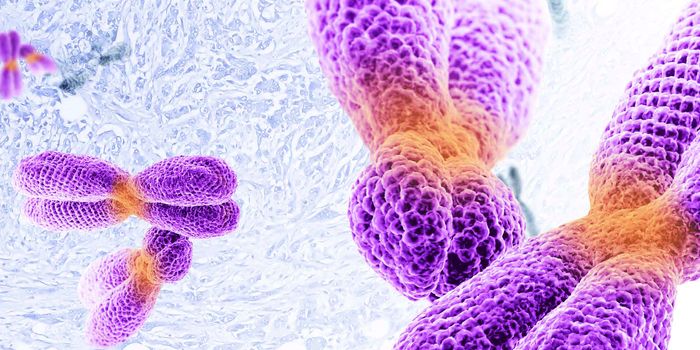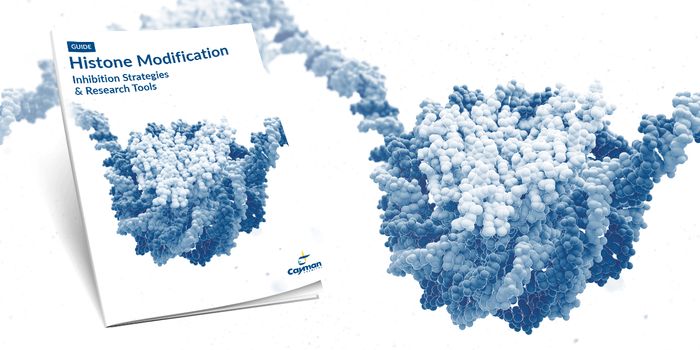Crisis in Ukraine Disrupts Delivery of Critical Cancer Care
Many factors including the type of cancer, pathologic stage, and the general health and demographics of the patient, dictate the urgency of beginning treatment. However, in most cases, when a patient receives a cancer diagnosis, starting treatment quickly becomes a top priority. Therapeutic plans also range dramatically, and some cases may require long, involved treatment regimens. For example, some patients receive several rounds of systemic treatments like chemotherapy which can take up to six months. Once a patient decides on a treatment plan, doctors want to minimize disruptions to the schedule to the greatest extent possible.
The current crisis in Ukraine has inevitably interrupted the treatment plans for hundreds of thousands of cancer patients. The American Cancer Society estimates 179,000 newly diagnosed cancer patients in Ukraine who face significant risk for treatment disruptions. Interrupted cancer treatment also has a substantial impact on the mental health of patients who fear the consequences of missed or delayed therapy.
The war has resulted in the shelling or abandonment of Cancer Clinics in Ukraine. The conflict has prevented patients from getting life-saving treatments and finding necessary medications. Additionally, the ongoing crisis has prevented many patients from obtaining their own medical records which would allow displaced Ukrainians to restart their treatment plan elsewhere. Even clinics in Western Ukraine and neighboring countries which treat displaced and evacuated cancer patients, face serious overcrowding and quickly depleting resources.
Childhood cancer patients also face critical needs when it comes to their continued cancer care. Supporting Action for Emergency Responses in Ukraine (SAFER Ukraine) was established to help meet the needs of this highly vulnerable population. SAFER Ukraine launched a virtual command center to evacuate childhood cancer patients and their families so they can continue their cancer care. The command center coordinates transportation out of Ukraine and provides doctors to evaluate and triage patients at the Unicorn Clinic in Bocheniec, Poland. Patients and their families are then relocated all over the world to continue treatment. Evacuated childhood cancer patients have arrived at various clinics located in at least 28 countries. including St. Luke’s (Memphis, TN, USA), National Health Services Hospitals (London, England, UK), Hospital for Sick Children (Toronto, ON, Canada), and other hospitals throughout France, Ireland, and Spain.
The sad reality is that many cancer patients will be unable to receive treatment outside of the Ukraine and may not survive their disease. Much of the world has responded with an outpouring of financial and medical support for these vulnerable patients. Despite the substantial support, there is considerably more work to be done to safely treat all the Ukrainian citizens and refugees afflicted with cancer.
Sources: BMJ, Wash Post, AP, CBS News, Guardian, Irish Times, Local ES









